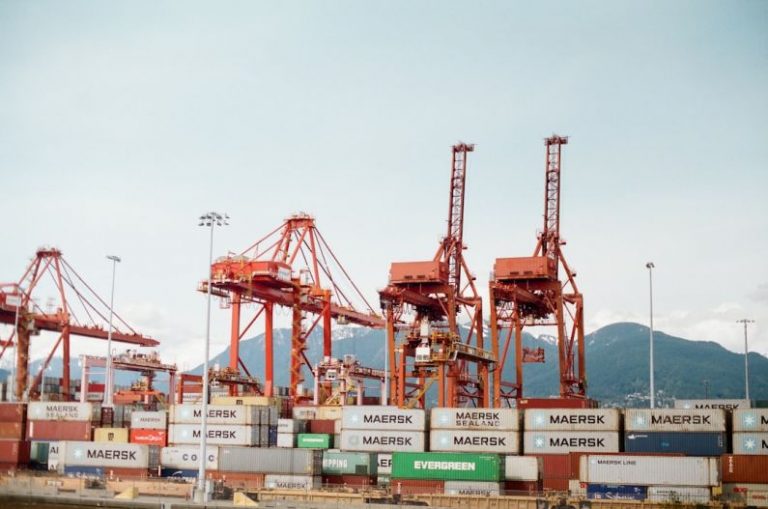
The Asian property market is a dynamic and ever-evolving sector influenced by a multitude of factors. From economic conditions to government policies, various elements play a crucial role in shaping the real estate landscape across the region. Understanding these factors is essential for investors, developers, and policymakers to make informed decisions and navigate the complexities of the market effectively.
Economic Growth and Stability
One of the primary factors influencing the Asian property market is the overall economic growth and stability of the region. Strong economic performance, rising incomes, and increasing urbanization have fueled the demand for residential, commercial, and industrial properties in many Asian countries. Rapidly growing economies such as China, India, and Vietnam have witnessed a surge in property investments as a result of their robust economic growth.
Government Policies and Regulations
Government policies and regulations have a significant impact on the property market in Asia. Measures such as tax incentives, foreign ownership restrictions, and urban planning guidelines can either stimulate or dampen the market activity. For instance, policies that promote foreign investment in real estate can lead to an influx of capital and drive property prices upward. On the other hand, stringent regulations or cooling measures aimed at curbing speculative activities can have a cooling effect on the market.
Infrastructure Development
Infrastructure development plays a crucial role in driving property market growth in Asia. Investments in transportation networks, utilities, and amenities can enhance the desirability of certain locations and boost property values. The development of new highways, airports, and public transportation systems can improve connectivity and accessibility, making areas more attractive for both investors and homebuyers.
Demographic Trends
Demographic trends also play a significant role in shaping the Asian property market. Factors such as population growth, urban migration, and changing household structures influence the demand for various types of properties. For example, the rise of the middle-class population in many Asian countries has increased the demand for affordable housing, while the aging population has created opportunities in the senior housing sector.
Foreign Investment and Capital Flows
Foreign investment and capital flows have a considerable impact on the Asian property market. Cross-border investments, real estate funds, and institutional investors from around the world contribute to the liquidity and competitiveness of the market. Foreign buyers seeking diversification and higher returns often target Asian real estate markets, driving up prices in prime locations and creating investment opportunities for local developers and investors.
Market Sentiment and Speculation
Market sentiment and speculation can also influence the dynamics of the Asian property market. Sentiment indicators such as consumer confidence, investor sentiment, and market expectations can impact buying decisions and market behavior. Speculative activities, driven by the expectation of future price appreciation, can lead to asset bubbles and market volatility if left unchecked.
Environmental and Sustainability Concerns
Environmental and sustainability concerns are increasingly shaping the Asian property market. With growing awareness of climate change and environmental degradation, developers and investors are focusing on green building practices, energy efficiency, and sustainable design. Properties that incorporate eco-friendly features and meet stringent sustainability standards are gaining popularity among environmentally conscious buyers and tenants.
Technological Advancements
Technological advancements are revolutionizing the way properties are developed, marketed, and managed in Asia. Innovations such as virtual reality tours, blockchain transactions, and smart building technologies are reshaping the real estate industry and enhancing the customer experience. Developers who embrace technology and digital solutions are better positioned to meet the evolving needs of today’s tech-savvy consumers.
In conclusion, the Asian property market is a complex and dynamic ecosystem influenced by a myriad of factors. Economic conditions, government policies, infrastructure development, demographic trends, foreign investment, market sentiment, environmental concerns, and technological advancements all play a crucial role in shaping the real estate landscape across the region. By understanding and adapting to these factors, stakeholders in the Asian property market can navigate challenges and capitalize on opportunities for sustainable growth and success.





